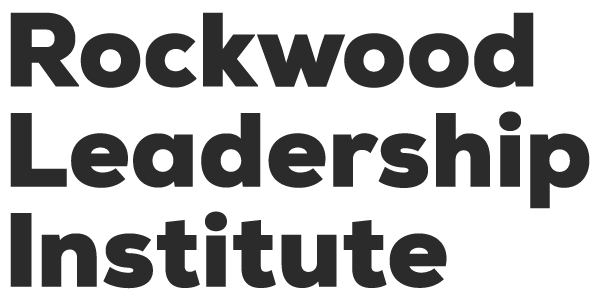Recently, Peter Dreier (Distinguished Professor of Politics at Occidental College) published an article in the Huffington Post, titled 50 Young Progressive Activists Who Are Changing America. I am honored to be a part of the list—even if my son told me he doesn’t consider me young! These activists that Dreier chose are all Kennedy Babies, people born after 1960, in a post-war America that was looking for new directions and new ideas.
I began to reflect on my own experience of leadership and also some of the remarkable people who are on the list that have been inspirations, friends and colleagues to me over the years.
Drier insightfully pinpoints three particular characteristics or abilities that stand out to him across these leaders of today’s social movements:
- An inside/outside strategy that is about understanding the need to both protest and lobby from the outside as well as working with those within government;
- Being “long-distance runners, not sprinters” and understanding that we need use our smaller victories to prepare for bigger foundational change;
- Recognizing the need for being part of broader coalitions and building trust, beyond one’s own particular issue area.
Here are some other characteristics that came to me as I thought about what I have seen from the people on the list that I know well. Although I have highlighted just a few people that I know best, I believe all the leaders mentioned in the article have many, if not all, of the qualities listed here.
Intellectual Hunger: People like Rinku Sen and Deepak Bhargava epitomize an intellectual hunger that is at the heart of what our movement needs. Voltaire said, “Judge a man by his questions rather than by his answers.” Rinku and Deepak are always on the forefront of the right questions, seeking to push us deeper into our understanding of the enormous topics that are in front of us—topics like race and poverty, that are too often spoken about only in segmented slices rather than as the large foundational issues that they are.

Spirit of Yes: At OneAmerica, the organization I founded and ran for almost eleven years, we used to ask candidates for jobs whether they were si se puede people or no se puede people. We watched them carefully for their answers. We wanted the culture of the organization to be about finding the ways beyond barriers. Every time someone said “We can’t do that,” we wanted to be the people who asked “Why Not?” Three people who come to mind as key si se puede people are Angelica Salas, Kirk Noden and Ben Jealous. Angelica has fought tirelessly for immigrants to speak in their own voices and on their own terms, never allowing losses to detract her from the movement she builds even through those losses. Kirk has mounted enormous and successful campaigns to protect attacks on collective bargaining in Ohio while Ben is shifting the core culture of the NAACP and bringing a new life and spirit to this essential organization.
Creative Outrage (or Outrageous Creativity!): There’s no better person that models creative outrage thanPhil Radford. His actions at Greenpeace USA are legendary, and he draws to him thousands of people who believe that we can express our outrage with fun, creativity and courage.
“Big-Mindedness”: Every one of the people I know on this list are fundamentally “big-minded” people. That includes those I’ve already mentioned as well as Erich Pica, who is truly invested in experimenting to try and build a more diverse environmental movement here in America, and Marissa Graciosa who channeled her energy and smarts into managing a coalition filled with busy and sometimes challenging executive directors of major immigrant rights coalitions (yes, that included me at OneAmerica!). All of these leaders push to build connections that seem murky or even incidental to others. They build connections across issues, in spite of the way that funding, movement jealousies or simply lack of time, often create disincentives for expressing the interconnectedness of our issues. They take time and effort to push for a bigger world-view in which each one of us can see ourselves.
Higher Purpose: This isn’t about religion or spirituality—although many might have one or both as a part of their higher purpose. This is about a fundamental understanding that we are human souls that have at our core the traits of resilience, hope and goodness. It’s about a fundamental belief that we owe it to the world to apply ourselves to something much bigger than ourselves. This is not a preachy kind of knowing, but rather as Ma Rainey, a black singer said, the ability to “Let your soul do the singin’.” These souls are singin’!
In the end, what’s inspiring is to know that we are working towards a future that we have not yet discovered. We are creating that future together that allows all our souls to sing and all our people to contribute their full selves to the world we live in. In the words of W.E.B. Du Bois:
“Beyond the veil lies an undiscovered country, a land of new things, of change, of experiment, of wild hope and somber realization, of superlatives and italics of wonderfully blended poetry and prose.”
Visit Pramila at www.pramilajayapal.com.

